let's make our WORKPLAcES MENTALLY HEALTHIER
GIven how much time we spend at work, it is important to recognise how our workplaces impact our mental health and wellbeing.
Mental health issues are the leading cause of sickness absence and long-term work incapacity in Australia, and yet so often go unnoticed and are not talked about within the workplace. Promoting mental health AT WORK benefits everyone. it increases productivity and employee engagement, and it means that employees can come to work feeling safe, supported, valued, and listened to.
There are small things that everyone can do to support theIR OWN MIND HEALTH AND THE wellbeing of the people around them, too. FOLLOW OUR simple STEPS BELOW TO PLAY YOUR part in contributing to a positive workplace culture, and continUE the conversation oN mental health everyday.
Ready to work on your wellbeing? Check out our smart, simple strategies below to make your workplace mentally healthier:
#1 PAY ATTENTION
If you work within an organisation or business, it is important to be able to recognise the warning signs of those around you, so that you are better able to support someone who might be struggling.
Most of us spend almost every day with our colleagues, which puts us in a good position to be able to notice changes in their mood or behaviour. Some common warning signs include withdrawal from close family and friends, loss of interest in usual enjoyable activities, difficulties concentrating or making decisions, and increased irritability. If you notice someone at work acting out of character and not like themselves, trust your gut instinct and act on it. By starting a conversation and mentioning the changes you’ve noticed, you could help that friend or workmate open up.
#2 BE SUPPORTIVE
A mentally healthy workplace is one in which everyone feels supported, and able to do their best, regardless of whether or not they have a mental health issue.
A recent study showed that almost 50% of people, if asked by their boss ‘Are you OK?’ would choose not to tell their boss if they were not OK. Fear of negative consequence within the workplace can often prevent people from opening up and seeking help when they are struggling. Creating a workplace environment free of judgement and stigma, and where individuals can feel safe to openly discuss issues is essential to creating a positive workplace environment. When employees feel supported by those around them, they are more likely to seek help and communicate openly about any difficulties they might be having at work which are hindering their ability to perform and thrive.
#3 SPEAK UP
If you see any instances of bullying, harassment, or discrimination, then speak up about it.
Workplace bullying is a serious issue, and a major risk factor for anxiety and depression. Bullying at work is not always obvious, and in many instances can take place under the radar. Those experiencing the bullying are often too afraid to say anything, and those witnessing the bullying may not want to get involved. Workplaces can help combat these issues before they escalate by promoting a zero-tolerance attitude towards bullying in the workplace, and encouraging an ‘open-door’ policy, where individuals feel safe to approach supervisors.
#4 BE A POSITIVE ROLE MODEL
Lead the movement towards a mentally healthy workplace by being genuine in your actions, respecting others, celebrating differences, and promoting the kind of culture that inspires people to thrive.
Mental health in the workplace is everyone’s business. Employees, managers, and leaders all have an important role to play, and often this role can be as simple as identifying what small steps you can do to promote good mental health, support others, and importantly, look after your own health and wellbeing. Something as small as giving a genuine compliment to a co-worker, or offering to help someone out with a hard project, might not appear big or life changing to you, however could make the world of difference to someone struggling.
#5 Just Ask
You don’t need to be a qualified counsellor or doctor to check-in with someone you are worried about. It's OK to simply ask.
Connecting regularly and meaningfully with those around you is something that everyone can do to make a difference to anyone who might be struggling at work or home. Research has shown that 57% of us have at some point wanted to ask someone ‘Are you OK?’, but have often held back from reaching out, perhaps out of uncertainty of what the other person might say, or fear of causing offence. The conversation around mental health doesn’t need to be scary. You don’t need to have all the answers. And it’s OK if you don’t quite know what to say. The important thing is that you ask, be supportive, and listen non-judgmentally. Learn more at ruok.org.au/how-to-ask
For more support, reach out to LIFELINE or check out a wealth of resources for life and work at LIFE IN MIND.





